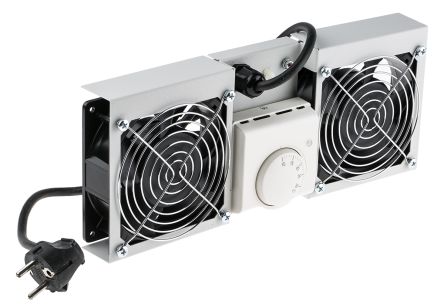Integrated cooling solutions play a significant role in helping businesses meet their sustainability goals by reducing environmental impact, increasing energy efficiency, and supporting long-term eco-friendly practices. As companies worldwide face increasing pressure to reduce carbon footprints and embrace sustainable practices, cooling solutions have evolved from a simple operational necessity to a key component of environmental responsibility. At its core, integrated cooling solutions involve a combination of advanced technologies and systems designed to cool industrial, commercial, and residential spaces more efficiently. These systems integrate multiple components such as refrigeration, air conditioning, ventilation, and renewable energy sources to optimize cooling while minimizing energy consumption. By reducing the need for excessive energy use, these solutions are fundamental in the pursuit of sustainability. One of the primary ways integrated cooling solutions help businesses achieve sustainability goals is through energy efficiency.

Traditional cooling systems often rely on older, less efficient technologies that consume large amounts of electricity, leading to higher emissions and operational costs. Modern integrated systems, however, incorporate energy-efficient components such as variable speed compressors, smart thermostats, and demand-response technologies, which adjust the cooling output based on real-time needs. These integrated cooling solutions ensure that businesses only use the necessary amount of energy, preventing waste and lowering carbon emissions associated with excessive energy consumption. The integration of renewable energy sources such as solar or wind power into these cooling systems further reduces reliance on grid electricity and promotes the use of clean energy. In addition to energy efficiency, integrated cooling solutions also help reduce water consumption, which is an often-overlooked aspect of sustainability. In many traditional cooling systems, water is used for cooling purposes, often in large quantities. However, integrated systems can incorporate water-saving technologies, such as closed-loop systems, which recycle water, reducing overall water usage.
This is particularly beneficial for businesses located in regions facing water scarcity, as it helps preserve local water resources while still maintaining optimal cooling performance. Businesses can also benefit from the financial advantages of implementing integrated cooling solutions. While the initial investment may be higher, the long-term savings associated with reduced energy and water consumption, as well as the potential for government incentives or tax breaks for adopting sustainable technologies, can make the transition worthwhile. Additionally, as consumers and clients increasingly prioritize sustainability, businesses with eco-friendly practices may see enhanced brand loyalty and a competitive edge in the market. Integrated cooling solutions are essential tools in helping businesses achieve their sustainability goals. Through increased energy efficiency, reduced water consumption, the use of environmentally friendly refrigerants, and lower operational costs, these systems contribute to both environmental preservation and economic growth. As the demand for sustainable practices continues to grow, acdc cooling solutions will remain a vital component of any comprehensive sustainability strategy.







